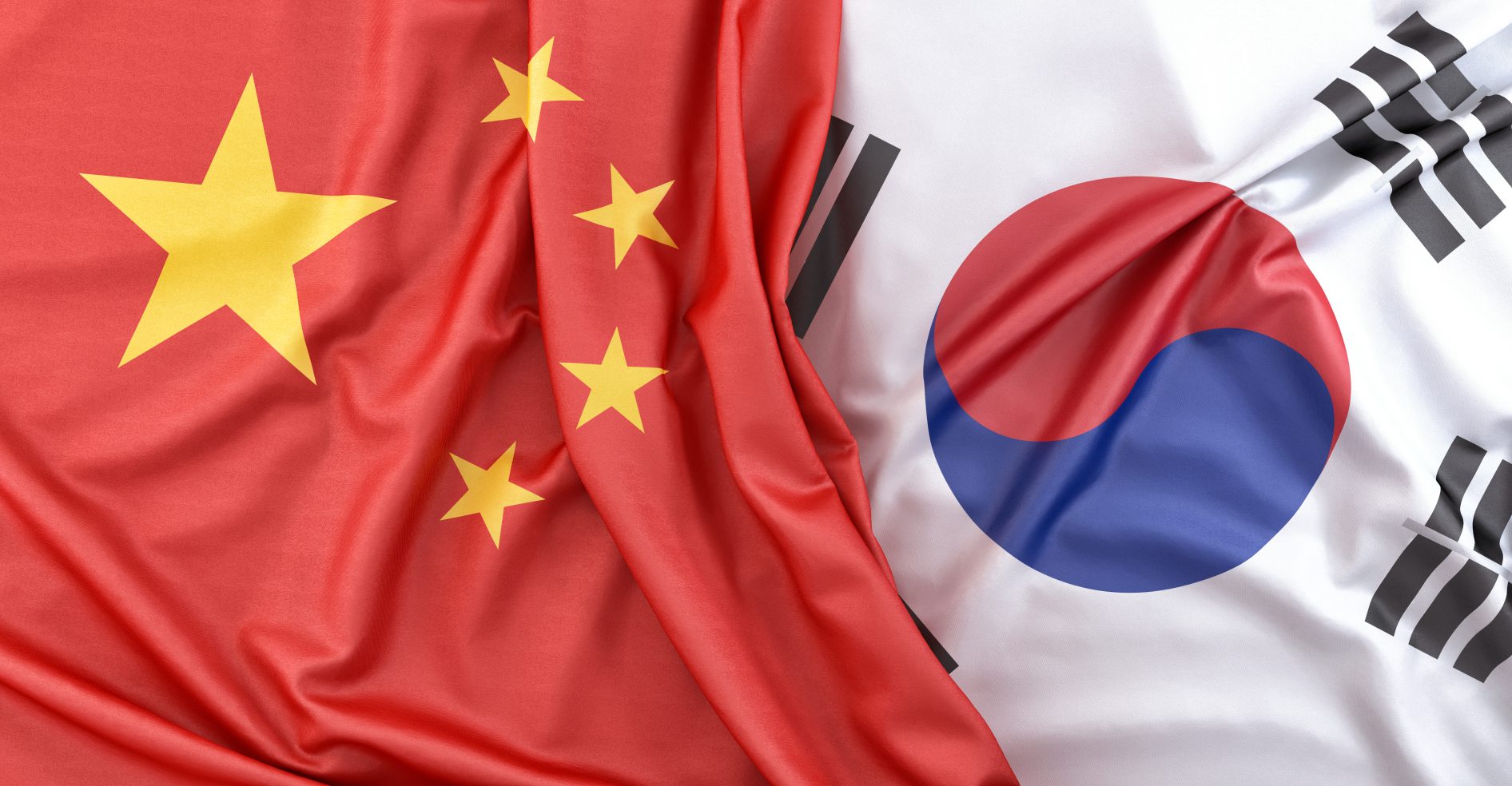
South Korea’s newly launched 15-day visa-free policy for Chinese tour groups, effective 29 September 2025. With the scheme set to run until June 2026, industry analysts see this as a timely move to bring back Chinese tourists—long the backbone of South Korea’s foreigner-only casinos—after years of pandemic downturn and geopolitical headwinds.
The Korea Tourism Organization reported that Chinese travelers made up over 35 percent of inbound tourists in July 2025, underscoring their importance to South Korea’s visitor economy. If projections of one million additional Chinese arrivals hold true, integrated resorts such as Kangwon Land, Paradise City, and foreigner-only casinos in Seoul and Busan could see significant upticks in foot traffic. This is particularly critical given that Chinese VIP and mass-market players historically accounted for a large share of casino revenues.
Casino-linked tourism infrastructure is already gearing up. Duty-free shops, luxury hotels, and entertainment venues tied to IRs are rolling out promotions through Chinese e-payment platforms like Alipay and WeChat Pay to entice visitors. Resorts on Jeju Island, where Chinese tourists already enjoy 30-day visa-free stays, are especially poised to benefit, with many casino floors and hotel operators reporting an increase in group booking inquiries.
Still, the rollout has sparked domestic pushback, with over 52,000 South Koreans petitioning against the policy. Concerns include potential strain on public services and health risks, but within the gaming industry, the focus is on whether operators can balance the anticipated surge in demand with responsible gaming measures and enhanced regulatory oversight. Analysts caution that without strict monitoring, issues such as junket operations or illicit play could re-emerge, putting pressure on regulators.
Despite the controversies, the consensus among industry observers is that the pilot program could act as a lifeline for South Korea’s gaming sector. If successful, it may not only restore pre-pandemic visitation levels but also strengthen the competitiveness of South Korea’s casinos against regional rivals in Japan, Macau, and the Philippines, all of whom are intensifying efforts to capture the lucrative Chinese tourist market.



 Content Writer: Janice Chew • Tuesday, 25/09/2025 - 17:46:49 - PM
Content Writer: Janice Chew • Tuesday, 25/09/2025 - 17:46:49 - PM